What are the Different Types of Tanker Trailers?
Tanker trailers are specialized vehicles designed to transport liquids, gases, and powders in bulk. They play a crucial role in industries ranging from petroleum and chemicals to agriculture and food services. The type of tanker trailer chosen for a particular job depends on the nature of the cargo, the transportation distance, and the handling requirements. In this article, we will explore the various types of tanker trailers, each tailored for specific applications and regulated by industry standards.
1. Petroleum Tanker Trailers
Petroleum tanker trailers, often referred to as fuel tankers, are among the most commonly seen on highways. They are designed specifically for the safe and efficient transportation of fuels such as gasoline, diesel, and jet fuel. These trailers typically feature multiple compartments to allow for the separation of different fuel grades, minimizing contamination and optimizing delivery routes.
Key Features:
– Construction: Made from carbon steel, aluminum, or stainless steel, depending on the regulatory requirements and cost considerations.
– Capacity: Typically ranges from 5,000 to 11,000 gallons.
– Safety: Equipped with safety features such as rollover protection, vapor recovery systems, and emergency shut-off valves.
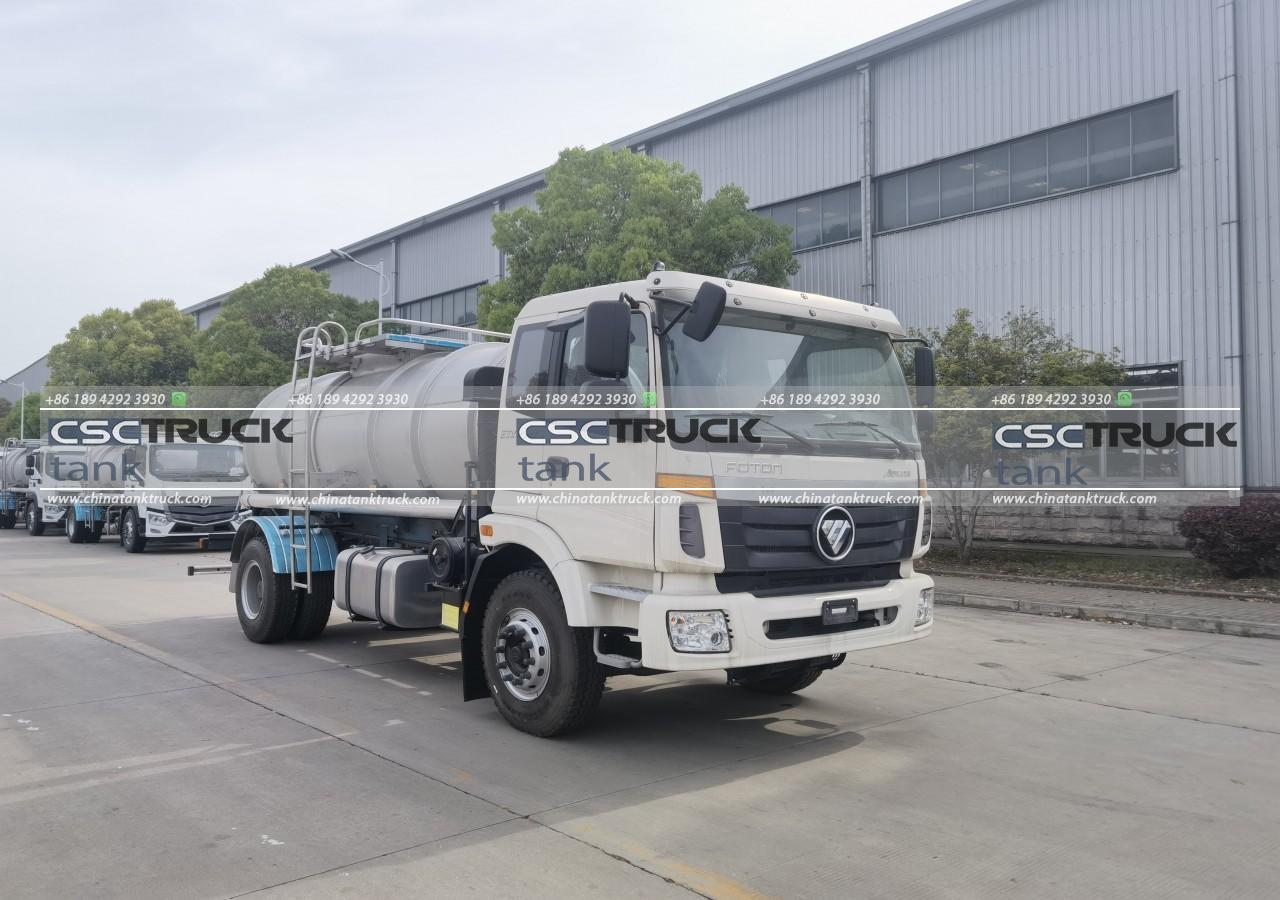
2. Chemical Tanker Trailers
Chemical tanker trailers are designed to transport hazardous and non-hazardous chemicals. Due to the potentially dangerous nature of the cargo, these trailers are built with robust safety features to prevent leaks, spills, and contamination.
Key Features:
– Material: Constructed from stainless steel or lined with specialized coatings to resist corrosion and chemical reactions.
– Insulation: Often insulated to maintain temperature-sensitive chemicals at the correct temperature during transit.
– Compartments: Some models are divided into multiple compartments to carry different chemicals simultaneously, reducing the risk of cross-contamination.
– Pressure Systems: Equipped with pressure relief valves and vapor recovery systems to manage the internal pressure caused by chemical vapors.
3. Food-Grade Tanker Trailers
Food-grade tanker trailers are used for transporting consumable liquids such as milk, juice, wine, and edible oils. The cleanliness and sanitation of these trailers are paramount, as any contamination can lead to health risks.
Key Features:
– Material: Constructed from stainless steel, which is easy to clean and does not react with food products.
– Insulation: Often features insulation to maintain the temperature of the contents, especially important for products like milk and juice.
– Hygiene: Designed with smooth interiors, CIP (Clean-In-Place) systems, and often feature internal heating or cooling mechanisms.
– Regulation: Must comply with strict food safety regulations, including regular inspections and certifications.
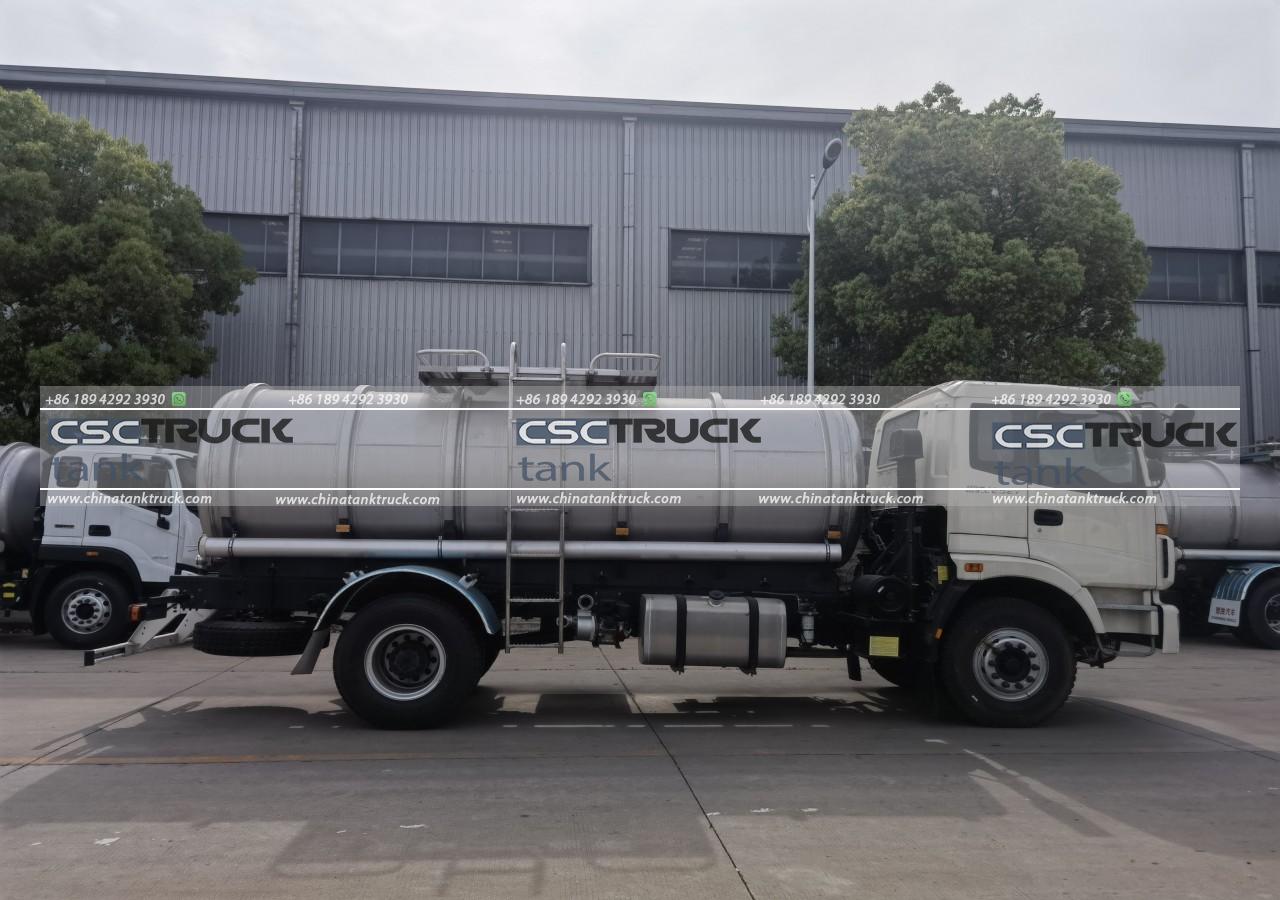
4. Bitumen Tanker Trailers
Bitumen, also known as asphalt, requires specialized tanker trailers for transportation because it must be kept at a high temperature to remain in liquid form. Bitumen tanker trailers are designed to maintain these elevated temperatures during transit.
Key Features:
– Material: Typically constructed from carbon steel with a high-temperature-resistant lining.
– Insulation: Heavy insulation is used to retain the heat of the bitumen, and some trailers include heating systems, such as burners or electric heaters.
– Capacity: Varies depending on the size of the project, but generally ranges from 5,000 to 6,000 gallons.
– Safety: Equipped with temperature monitoring systems and pressure relief valves to manage the risks associated with transporting hot bitumen.
5. LPG (Liquefied Petroleum Gas) Tanker Trailers
LPG tanker trailers are designed to transport liquefied gases such as propane and butane. These trailers are built to withstand the high pressures required to keep these gases in liquid form.
Key Features:
– Construction: Made from high-strength steel capable of withstanding high pressures.
– Pressure Systems: Equipped with pressure relief valves, pressure gauges, and emergency shut-off systems.
– Capacity: Typically holds between 2,000 to 3,500 gallons, though larger models are available.
– Safety: Designed with multiple safety features to prevent leaks and explosions, including robust emergency response systems.
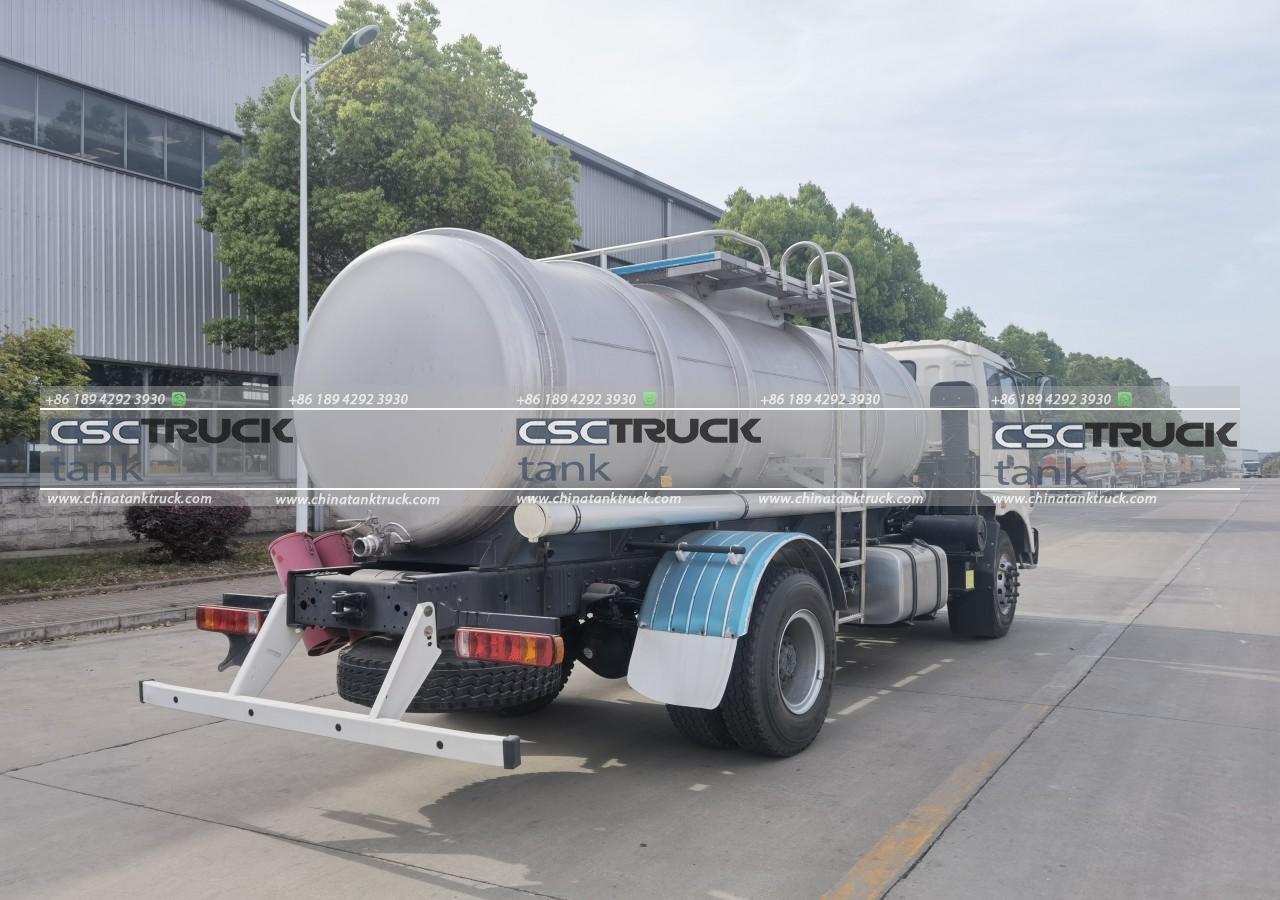
6. Cryogenic Tanker Trailers
Cryogenic tanker trailers are used to transport liquefied gases at extremely low temperatures, such as liquid oxygen, nitrogen, and argon. These trailers require specialized insulation to maintain the cryogenic temperatures necessary for these gases to remain in liquid form.
Key Features:
– Material: Constructed from high-grade stainless steel to withstand low temperatures and prevent leaks.
– Insulation: Equipped with vacuum-insulated tanks to minimize heat transfer and maintain cryogenic temperatures.
– Pressure Systems: Includes pressure relief valves and temperature monitoring systems to manage the risks of transporting cryogenic materials.
– Capacity: Varies depending on the gas, typically ranging from 5,000 to 11,000 gallons.
7. Bulk Powder Tanker Trailers
Bulk powder tanker trailers are designed to transport dry bulk commodities such as cement, flour, sugar, and other powders. These trailers are essential for industries that require the transport of large quantities of granular or powdered materials.
Key Features:
– Material: Usually constructed from aluminum or steel, depending on the type of cargo and weight considerations.
– Loading and Unloading: Equipped with pneumatic systems that use compressed air to assist in unloading the cargo efficiently.
– Capacity: Varies widely depending on the type of material, with typical capacities ranging from 3,000 to 6,000 cubic feet.
– Compartments: Often divided into multiple compartments to carry different types of powders simultaneously or to optimize load distribution.
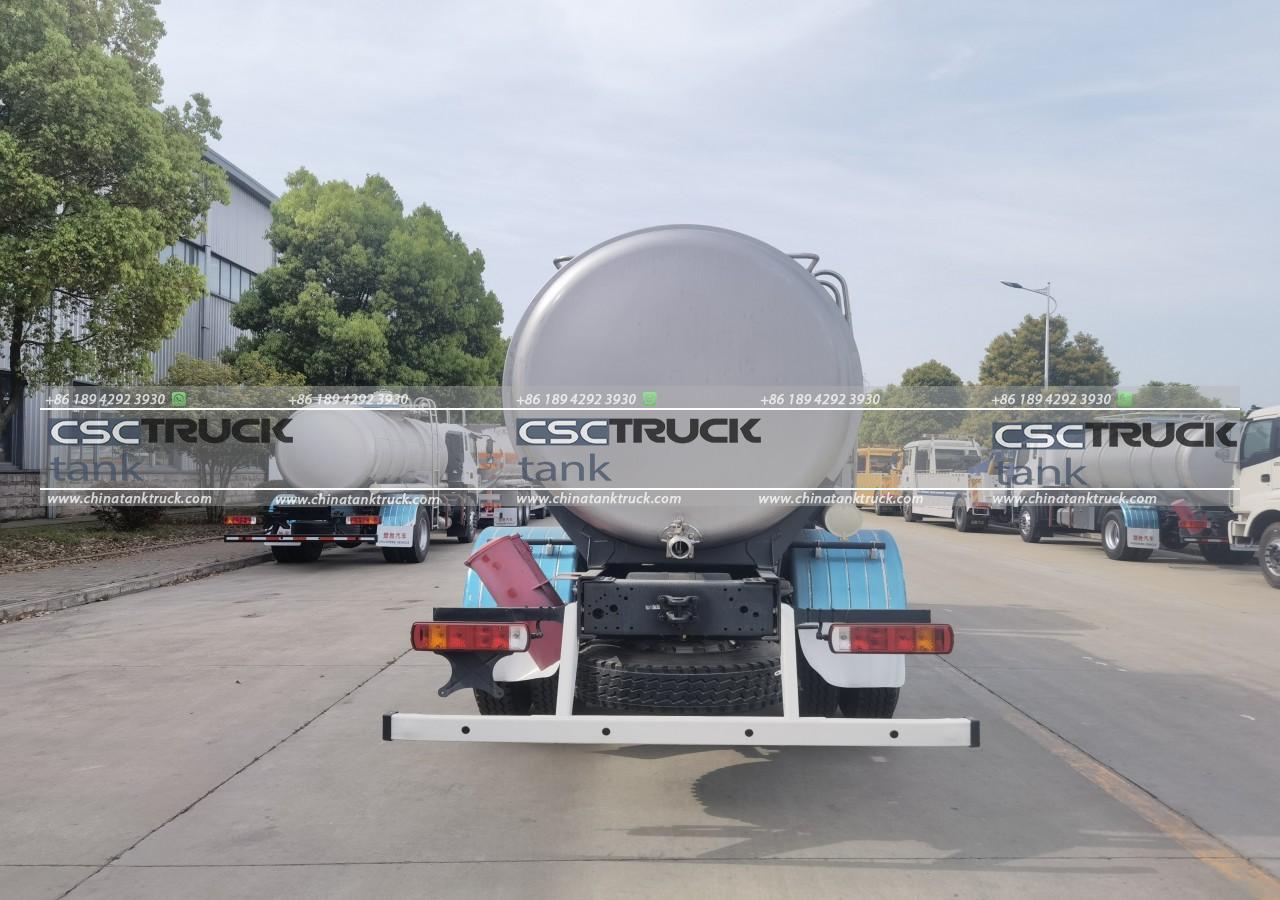
8. Acid Tanker Trailers
Acid tanker trailers are specialized vehicles designed for transporting corrosive liquids such as sulfuric acid, hydrochloric acid, and nitric acid. These trailers must be constructed from materials that can resist the highly corrosive nature of these substances.
Key Features:
– Material: Constructed from stainless steel or other corrosion-resistant materials, often with additional linings for added protection.
– Safety: Equipped with advanced safety features, including pressure relief valves, spill containment systems, and emergency shut-off mechanisms.
– Capacity: Typically holds between 5,000 to 8,000 gallons.
– Insulation: Some models feature insulation to maintain the temperature of the acid, which can be critical depending on the nature of the chemical.
9. Milk Tanker Trailers
Milk tanker trailers are specifically designed for the transportation of raw milk from dairy farms to processing facilities. These trailers must adhere to stringent hygiene and temperature control standards to ensure the milk’s freshness and safety.
Key Features:
– Material: Constructed from food-grade stainless steel to prevent contamination and ensure easy cleaning.
– Insulation: Heavily insulated to maintain the milk at a consistent temperature during transit.
– Hygiene: Equipped with CIP (Clean-In-Place) systems to ensure the trailer can be thoroughly cleaned between loads.
– Capacity: Typically holds between 5,000 to 8,000 gallons.
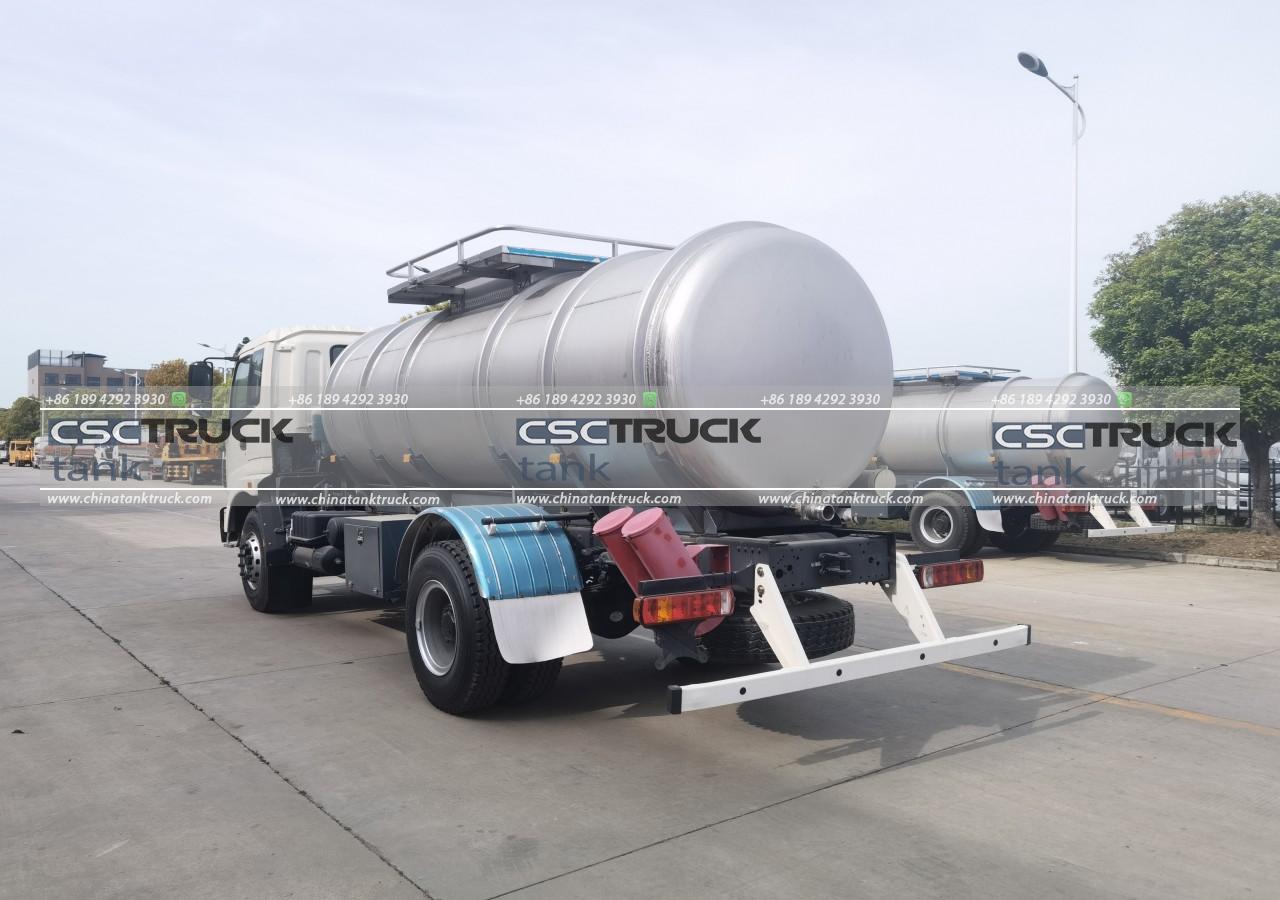
10. Water Tanker Trailers
Water tanker trailers are versatile vehicles used for transporting large volumes of water for various applications, including agriculture, construction, and emergency services.
Key Features:
– Material: Constructed from steel or aluminum, with coatings to prevent rust and contamination.
– Capacity: Varies widely, with capacities ranging from 1,000 to 10,000 gallons or more.
– Pumping Systems: Often equipped with pumps and hoses for easy loading and unloading.
– Multi-purpose: Can be used for dust suppression, firefighting, or supplying water to remote locations.
Conclusion
Tanker trailers are indispensable in modern logistics, offering specialized solutions for the transportation of a wide variety of liquids, gases, and powders. Each type of tanker trailer is engineered with specific features to handle the unique challenges posed by its intended cargo. Whether transporting hazardous chemicals, food-grade liquids, or cryogenic gases, the right tanker trailer ensures safe, efficient, and compliant transportation, meeting the demands of industries worldwide. Understanding the different types of tanker trailers and their specific applications is crucial for making informed decisions in the transport and logistics sectors.

